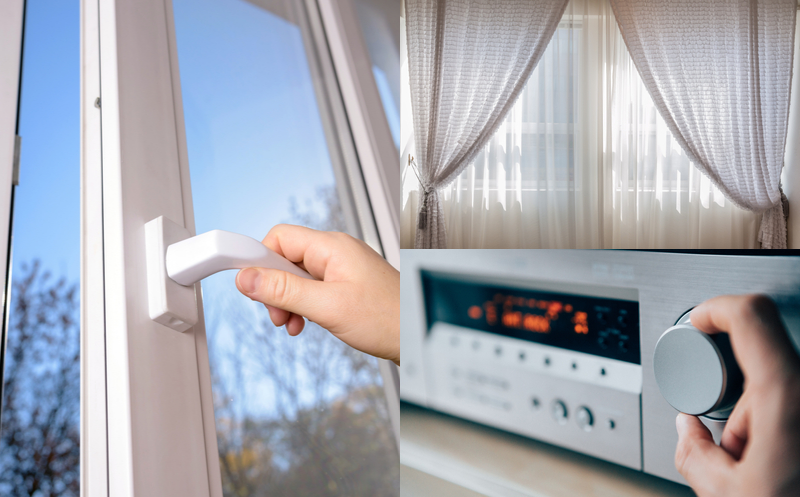Q&A: How can I help my ageing parent with hearing loss stay active and happy?
Dear Audiologist,
My father is losing his hearing due to age. He struggles to hear conversations and is no longer as sociable as before. So I brought him to see an audiologist to get a pair of hearing aids. However this made my father upset. Now he gets angry whenever I bring up the topic of hearing loss or hearing aids.
How can I help my father stay active and happy despite losing his hearing?
Please help,
Concerned Daughter
Dear Concerned Daughter,
Your father’s behavior, though worrying, is perfectly normal. Losing one’s hearing can be scary, especially if your father has had good hearing all his life. Your father may need more time to come to terms with his hearing loss. Nevertheless your family can take a proactive approach to support him. Here are 5 ways to help:
1. Enhance indoor lighting at home

Individuals with hearing loss may need to rely on visual cues such as lip-reading to help understand conversations. In senior adults, ageing also means reduced eyesight. They may not be able to pick up on visual cues in poor lighting.
Install indoor lighting around areas of the house where there are frequent conversations. This may include the dining room and living room. In areas where only warmer (yellow) lights are available, consider adding a lamp with halogen or cool flurorescent (white) light as this can improve visibility.
2. Buy a larger television screen

Sitting in front of a television set can dominate some senior adults’ routines.
Improve the entertainment experience by having a sufficient size TV screen (32 inches or more). Larger screen size also means larger TV closed captioning or subtitles. This makes TV programs easier to follow and reduces the need to increase the volume unnecessarily.
3. Reduce noise levels in the house during conversations

For most people with hearing loss, conversing in a noisy place is always a greater challenge than a quiet place.
Close the windows, switch off the television or turn down the music especially during family visits or mealtimes. Soft materials such as drapes, curtains, pillows and table clothes are also useful as they absorb noise in the environment.
4. Remind family members not to shout

It may be tempting to shout in order to communicate to those with hearing loss however refrain from doing so. Shouting not only reduces speech clarity, it also comes across as being rude and impatient.
Speak calmly and slowly. If the individual is unable to understand you, consider repeating, rephrasing, or speaking short sentences. You can also try using hand gestures or writing down important points.
5. Plan activities that focus more on sight, smell, touch and taste

Plan family activities that focuses on use of other senses besides hearing. This ensures that the individual with hearing loss does not feel left out of family activities. Some examples are: cooking, playing mahjong, playing wii sports, gardening, exercising and hiking.


